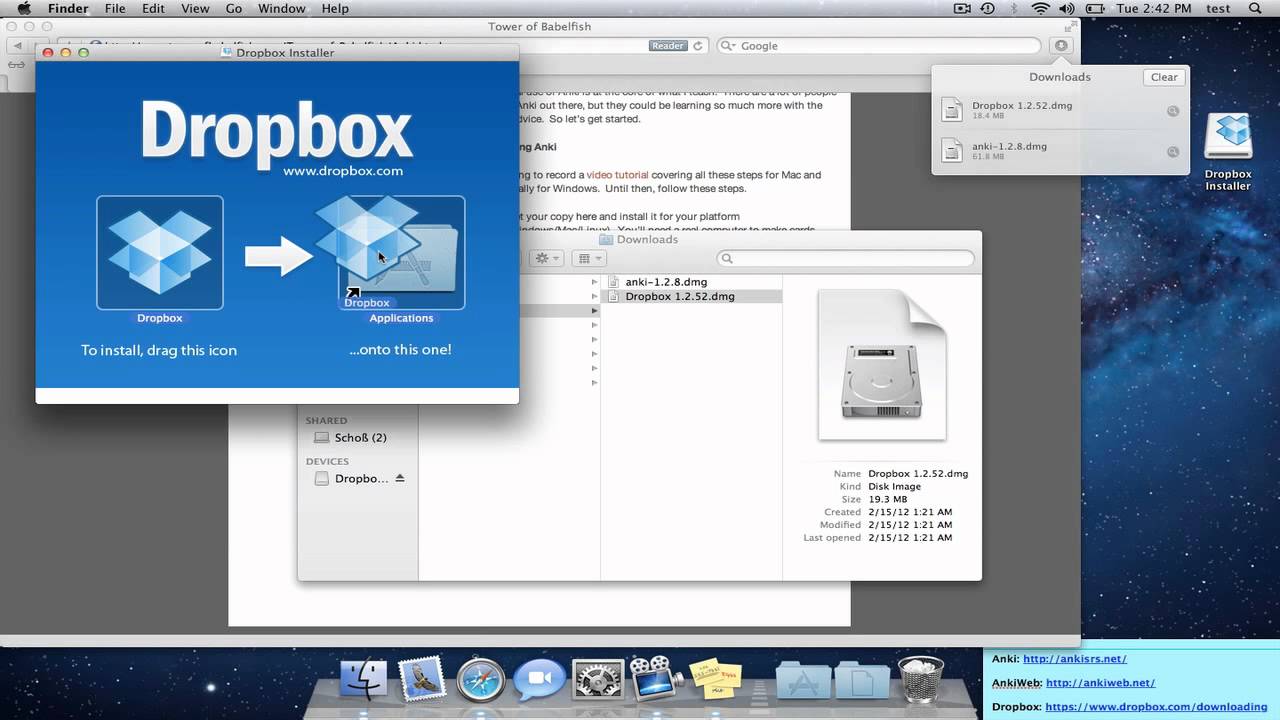

If you fail a card after 15 days, instead of resetting back to 1, you get the option of hitting 15 days again, and then after 15 days, getting to go up to 39 days.ĪNOTHER Tweak: No finishing off cards early Let’s look at the earlier example of 1 day -> 2 days -> 6 days -> 15 days-> 39 days.

High intervals won’t work as well for disconnected information, like random Jeopardy facts.Īdditionally, when you fail a card, you don’t have to completely reset it. Japanese will get easier to retain as you go, because the learning process is cumulative. This means that the more cards you’re doing, the easier each card becomes. Japanese is cumulative, so your sentence cards will contain words and parts of words that other sentences have. Why we can benefit from bigger interval increases: If you hit the Hard button, the rate decreases to a 2.25x it’ll look more like this:ġ day -> 2 days -> (Hard) 4 days-> 9 days-> 20 days -> 45 days. (The numbers get rounded down to the nearest whole number) If you always hit “Good” in Anki, your intervals will increase at a 2.5x like this:ġ day -> 2 days -> 6 days -> 15 days-> 39 days -> 97 days. Also, hitting the Hard button makes the card appear more often in the long run. It’s something like a difficulty multiplier that gets permanently attached to your card. Ok, so I realized that there’s actually a ton to explain, and I could probably make a 20 minute video just about why this is so beneficial, so I’m working to trim it down a bit.Ĭurrently, whenever you fail a card, Anki will make a card appear more often than before, by tweaking the interval rate. Here’s the gist of this radical shift to Anki that will make learning much less frustrating: Anki is supposed to be a tool you use to improve your learning, not something you hate and struggle to use. You want to make real gains, but you can’t imagine doing more than 20 or 30 new cards/day, can you? After all, you keep hitting “Hard” on yesterday’s vocab, and it’s just not sticking. Make sure to use the Reset Ease tool (Tools> Reset Ease) to fix all your old Anki cards!Īnki hasn’t been treating you right.
#RESET ANKI DECK FREE#
We hope these ideas help! Feel free to try multiple routes (don't try #2 until you're sure you want to do it, or until you make a backup with your scheduling) and see which one works best for you.Watch the video for the new quick setup and instructions: かっこいい動画(笑) "I didn't end up choosing this route for my own Japanese because Japanese is hard to retain and so my accuracy with those old reviews was like 20% at best." You'll have to fine-tune that number of reviews/day so that it's manageable without feeling terrible. If you think you'll still remember a substantial portion of your cards, then you can turn down your max reviews/day substantially and see if you can maintain a review habit that way. This has been pretty sustainable for me in Japanese and I'm coming back to my former level, with a more robust study habit." Route 3: Keep your schedule, just turn down your max reviews/day. You can do that by exporting all your cards and importing them again as a new deck, or (perhaps simpler), go to Browse, select all of your cards, Go to File->Reschedule, Select 'Place at end of new card queue.' Then start it all over. "Basically, I deleted all my scheduling information.

Gabe did this with his Japanese in February of 2018, after he got derailed, again, due to the Kickstarter. That made it pretty comfortable to get back into the swing of things, and I didn’t feel like I lost a lot, despite shutting off all of those flashcards." Route 2: Re-schedule to delete your scheduling and treat everything like a new card And so in practice, studying new vocabulary acted like a really effective review of my old vocabulary. Every new sentence I learned involved a bunch of old words. I only focused on learning words I didn’t yet know, and what I found was reassuring. Instead of spending days and days trudging through 8 months worth of old reviews, I turned off all of my old flashcards and started over as a new, intermediate student. In his own words, "I had around 6,000 overdue flashcards and I barely remembered any of them. Gabe did this with his Japanese in July of 2017, after a 6-month break to learn Spanish. There are three routes we can recommend when you've fallen far behind on an Anki deck.


 0 kommentar(er)
0 kommentar(er)
